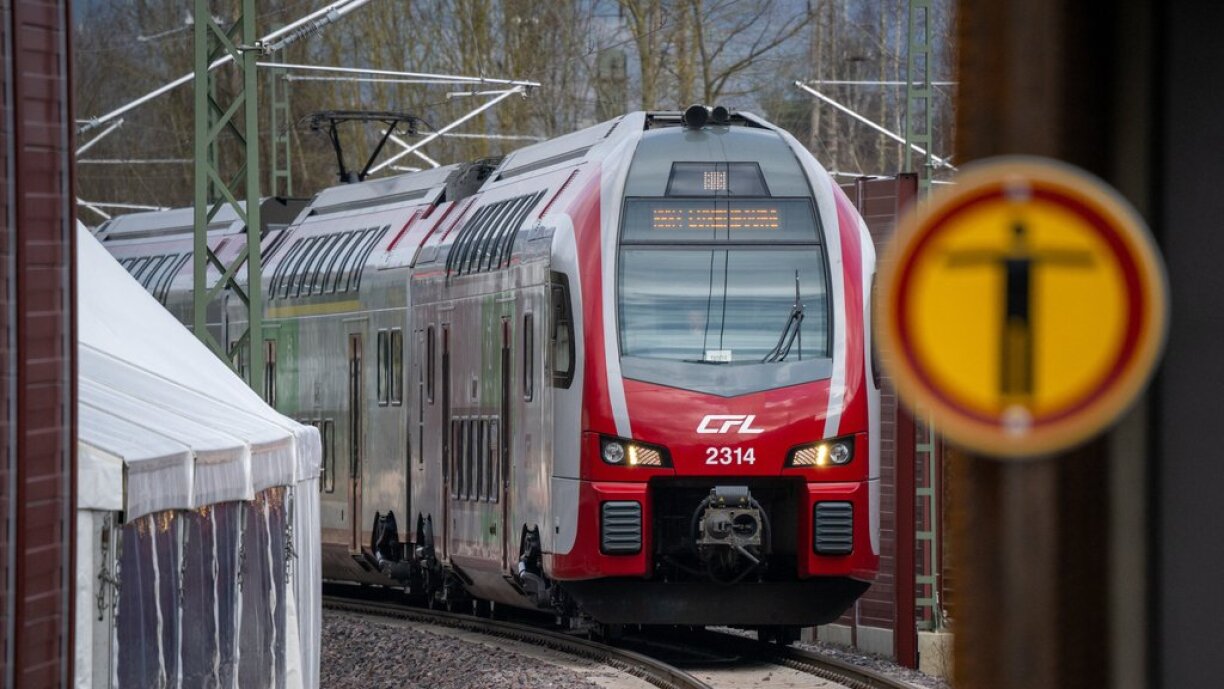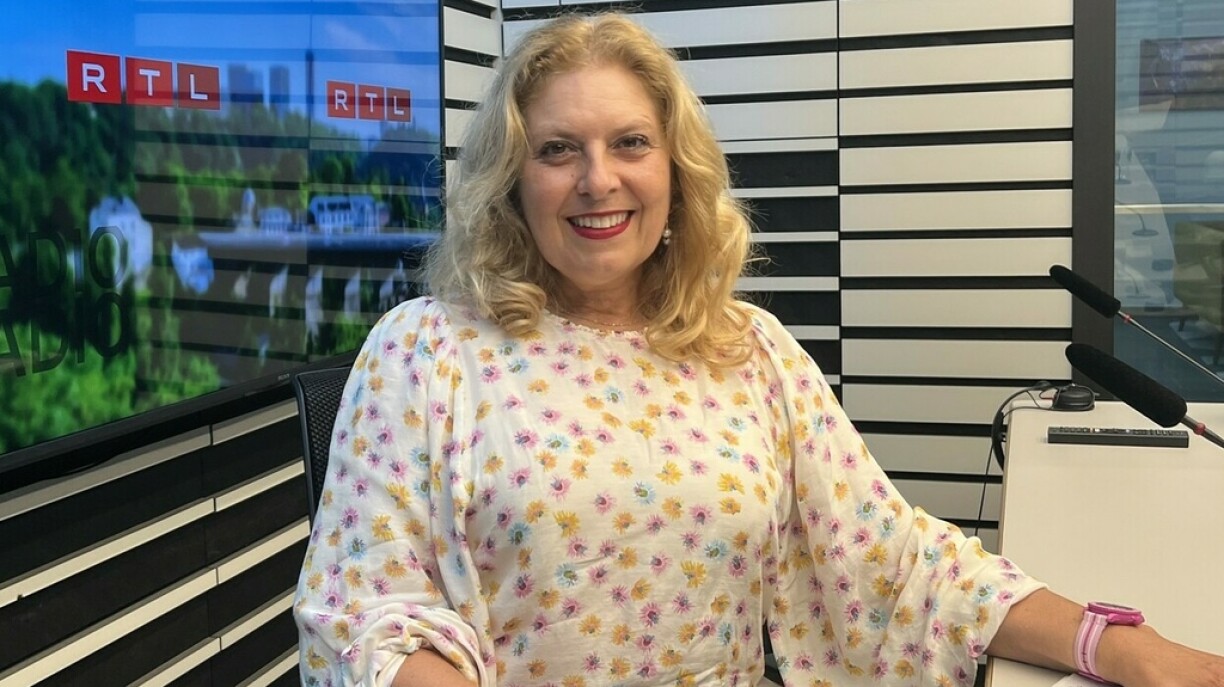
“People have nothing to fear on the tracks”, emphasised Doris Horvath, Head of Safety, Security, and Environment at the Luxembourg National Railway Company (CFL), on Wednesday morning on RTL Radio.
However, she expressed her thoughts for the family of a young man who tragically died in Leudelange on 6 August. The train, traveling at over 100 km/h from Longwy toward Luxembourg, struck him while he was crossing the tracks at Leudelange station.
Such speeds are permitted for trains, Horvath explained. She also noted that not all trains appear on public schedules: “Passenger trains are shown on Auris (CFL’s customer information), on our screens, and announced over loudspeakers, but you should always expect trains to come from either direction, and quickly. Knowing the timetable alone doesn’t guarantee safety.”

Twice daily, CFL sees people cross tracks in Luxembourg, and Horvath estimates that many incidents go unreported. “People often cross the tracks to save time, underestimating the danger”, she said. “They run, they might fall, and they often don’t hear the train. Trains have a long braking distance, they don’t stop like a car. A train can take up to 1,200m to halt, which is thirteen times the length of a football field.”
She strongly recommends using underpasses and warns: missing a train is far better than risking your life.
While structural measures to block crossings are not feasible everywhere – platforms and train lengths vary across Europe, making metro-style barriers impractical and costly – CFL relies on prevention campaigns, including education in schools, to keep people safe.
Horvath said an internal review found that, statistically, most train drivers will encounter at least one incident in which a person is struck on the tracks, whether by accident or intentionally. While some drivers may never face such a situation, others have experienced it two or three times in their careers.
Such events are extremely difficult for drivers and controllers, who must assess whether anyone can still be helped; though in most cases, this is unfortunately no longer possible. A standby system ensures that affected personnel are immediately replaced, and psychological support is made available. The police also arrive at the scene to perform alcohol checks on train drivers.
“On average, we handle roughly 38 cases per year, based on the past three years”, explained a CFL spokesperson. “Since COVID, we’ve also noticed an increased willingness among personnel to accept support from our Occupational Health Service. Many voluntarily agree to a conversation, and if needed, they are guided toward further therapy.” When train drivers come back to work, a coach is present during their first shift back to provide additional support.
In 2024, CFL trains experienced a total delay of 16,000 minutes due to people on the tracks, and 300 services were canceled entirely. Some incidents involved individuals playing or jogging along the rails, highlighting the constant risk of accidents.